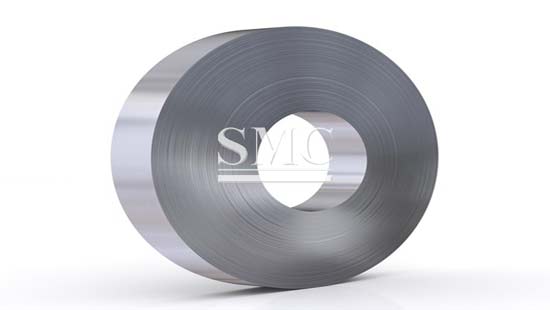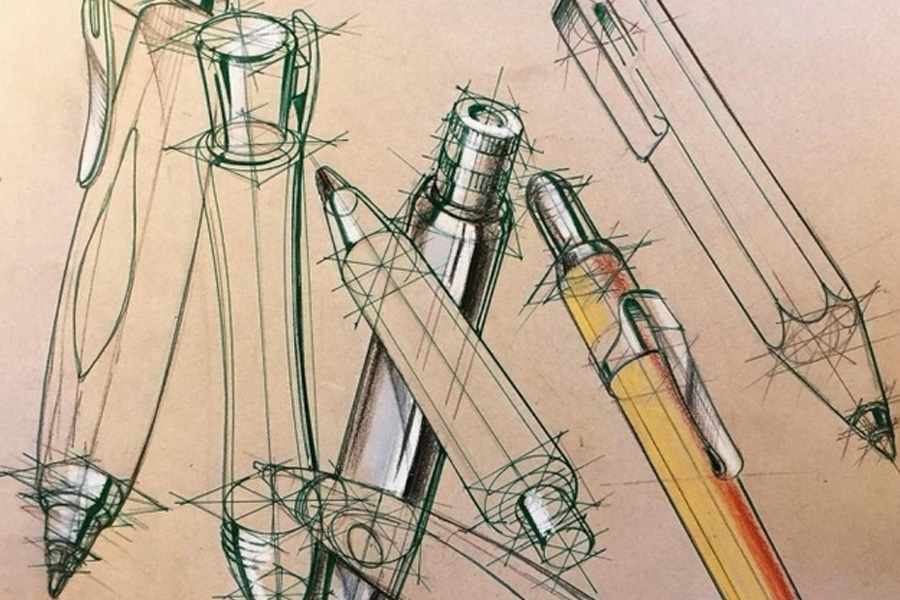Steel is one of the most commonly used materials in the construction industry. According to the World Steel Association, approximately 1.808 billion tons of crude steel is produced worldwide, of which about 50% is used in the construction industry. In addition, they also pointed out that there are as many as 3,500 different grades of steel, each offering the unique environmental, chemical and physical properties of this grade of steel. Over time, steel has undergone a major evolution, with about 75% of modern steel being developed over the past 20 years. It is worth noting that if the Eiffel Tower (built in 1887) was built today, it would only require one third of the steel.
Type of steel Fundamentally, steel is an alloy of iron and a small amount of carbon. Thousands of different types of steel are available for different types of applications. These are roughly divided into four types: carbon steel, tool steel, stainless steel and alloy steel. Carbon steel constitutes the majority of steel produced in the world today. Tool steel is used to make machine parts, molds and tools. Stainless steel is used to make ordinary household items. Alloy steel is made of iron, carbon and other elements such as vanadium, silicon, nickel, manganese, copper and chromium.
alloy steel
When other elements containing metals and non-metals are added to the carbon steel, alloy steel is formed. These alloy steels have a variety of environmental, chemical and physical properties that can vary with the alloying elements. The proportion of alloying elements here can provide different mechanical properties.
Effect of alloying
Alloying elements can change carbon steel in a number of ways. Alloying affects microstructure, heat treatment conditions and mechanical properties. Today’s high-speed computer technology can predict the properties and microstructure of steel during cold forming, heat treatment, hot rolling or alloying. For example, if steel requires properties such as high strength and weldability in certain applications, the use of carbon steel alone will not achieve the goal, as the inherent brittleness of carbon can make the weld brittle. The solution is to reduce carbon and add other elements such as manganese or nickel. This is one way to make high strength steel with the required weldability. There are two types of alloy steels – low alloy steel and high alloy steel.
As mentioned earlier, the composition and proportion of the alloying elements determine the various properties of the alloy steel. Low alloy steel is steel with up to 8% alloying elements, while high alloy steel contains more than 8% alloying elements.
alloy element
About 20 alloying elements can be added to carbon steel to produce various grades of alloy steel. They provide different types of attributes. Some of the elements used and their effects include:
Aluminum – steel that removes phosphorus, sulfur and oxygen
Chromium – can increase toughness, hardness and wear resistance
Copper – can increase corrosion resistance and wiring harness
Manganese – can improve high temperature strength, wear resistance, ductility and hardenability
Nickel – can increase corrosion, oxidation and strength
Silicon – can increase magnetic force and strength
Tungsten – can increase strength and hardness
Vanadium – can increase corrosion, impact resistance, strength and toughness
Other alloying elements of various properties including bismuth, cobalt, molybdenum, titanium, selenium, tellurium, lead, boron, sulfur, nitrogen, zirconium and hafnium are provided. These alloying elements may be used singly or in various combinations depending on the desired properties.
Alloy steel products and their applications
Hundreds of products can be made from alloy steels with different compositions. These include alloy steel pipes and tubes, alloy steel plates, plates and coils, alloy steel bars, rods and wires, alloy steel forged parts, alloy steel butt welds, alloy steel flanges, fasteners, etc. Alloy steels have many uses in various industries, such as automotive, mining, machinery and equipment, railways, road construction, buildings, electrical and marine applications.

Application in the construction of large structures
In the construction and construction industries, alloy steel is used in very large modern structures such as stadiums in the form of frames, bridges, skyscrapers and steel skeletons. Alloy steel provides the high strength required to support this large structure. Even concrete structures use alloy steel as a reinforcing material to increase strength and reduce the overall weight of the structure. Use smaller items in the construction and construction industries, such as screws, nails and bolts made of alloy steel.
Application in building bridges
The bridge uses a special alloy steel called weathering steel. These provide enhanced corrosion protection due to the presence of nickel, copper and chromium as alloying elements. Weathering steel can also be used as a finishing material in buildings to improve aesthetics. Weathering steel has many advantages, including high safety, easy construction and quickness, beautiful appearance, shallow construction depth, low maintenance cost, and can be modified in the future. Due to its natural weathered surface, no paint is required, thus avoiding environmental problems caused by the paint. In the long run, weathering steel is extremely cost effective.
Alloy steel flat products
Alloy steel is used in the manufacture of flat products – sheets and strips. Plates are available in a variety of grades and sizes. These are used for building structures by welding the plates into the manufactured part.
Alloy steel strip and coil products
The strips are hot rolled and cold rolled strip and hot dip galvanized steel coils. Hot dip galvanized coils are used in the manufacture of building products, including wall and roof cladding, side rails, roof pur strips, light steel frames and sills.
Alloy steel length
Titanium alloy steel is used to produce long products used in the construction industry, such as beams, structural profiles, bars, rails, bars and steel wires.
Alloy steel flange
Another important product made of alloy steel is the flange. These are used for stainless steel pipes. These flanges can be made to suit a variety of applications. Some of these include welded flanges that have the same thickness and bevel as the pipe and can operate well under harsh conditions of high pressure, high temperature or sub-zero temperatures. The lap flange is a sliding flange for alloy steel pipes that requires regular maintenance and inspection.
Alloy steel pipe products
Alloy steel pipes are important materials in the construction and construction industry because of their ductility, ease of fixation and high durability without heat treatment. They are stainless steel, an alloy of chromium and nickel. Some special types of alloy steel tubes include large diameter welded pipes, electrofusion welded pipes, welded pipes and seamless pipes. In addition to high pressure environments, they are very useful for high temperature or corrosive applications.
Alloy steel price
Because alloy steels have the specific properties required for a particular application, the price will vary widely based on the grade of alloy composition, manufacturing process and size. Prices for Indian alloy steels typically range from Rs. 90,580 ($1,294) per tonne to Rs. 4,08,730 ($5,839) per tonne.
As can be seen from the foregoing, alloy steel plays an important role in the construction and construction industries as well as in other industries. Alloy steels are economical, high performance, corrosion resistant, durable, high strength, high strength to weight ratio, high performance in harsh conditions and a wide range of products for most applications.
Guest contributors are welcome at the Alloy Wiki.It is a weekly wiki and guide on alloy information and processing technology, while also about the vast array of opportunities that are present in manufacturing. Our team of writers consists of a Machining Material Supplier / Machinist / Tool and Die Maker, a Biomedical Engineer / Product Development Engineer, a Job Development Coordinator / Adjunct Professor, and a President and CEO of a manufacturing facility.
Link to this article:The Role of Alloy Steel In The Construction Industry
Reprint Statement: If there are no special instructions, all articles on this site are original. Please indicate the source for reprinting:Alloy Wiki,thanks!^^


